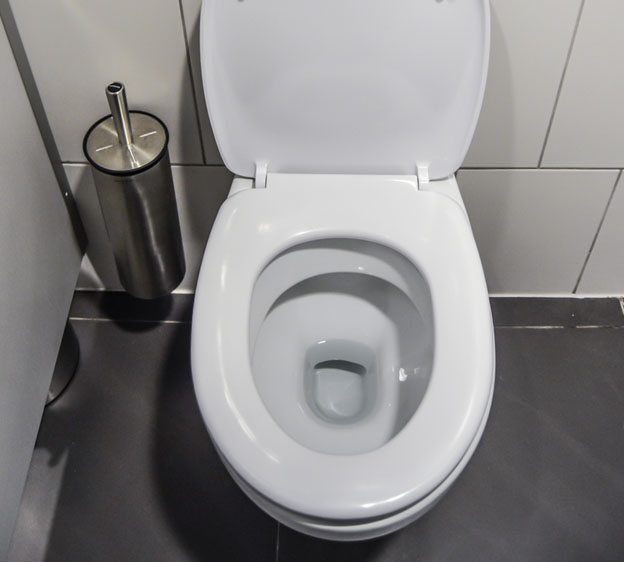
It’s the test most people don’t even want to think about, let alone have.
But routine screening colonoscopies — usually every 10 years from age 45 to about 75 — can stop colorectal cancer in its tracks.
“The evidence is overwhelmingly positive that colonoscopies are effective in preventing colon cancer and identifying patients who have colon cancer without any symptoms of colon cancer, when it’s easily cured by surgery,” says Dr. John Crisologo, a board-certified gastroenterologist at Beaufort Memorial Lowcountry Medical Group.
Colonoscopies are considered the gold standard for colorectal cancer screenings, though there are other options. During a colonoscopy, a doctor inserts a long, flexible tube inside your rectum and colon. The scope has a light and a tiny camera. During the procedure, suspicious growths, called polyps, can be removed and then tested.
Read More: How to Recognize Colon Cancer Symptoms
Because it usually involves some level of sedation and a pain reliever, the procedure itself isn’t the part most people dread. It’s the preparation the day before, which calls for a liquid diet and laxatives to clean out your bowels.
Tips to Make Your Colonoscopy Prep Easier
Get a Head Start
Your doctor will probably suggest that you cut back on the fiber in your diet a week or two before the test. That’s because fiber that isn't easily digested — found in foods such as nuts, whole wheat, brown rice and fruit skins — may make prep more difficult. In addition, if you’re prone to constipation, take a laxative for a few days before starting the day-before prep.
“A little extra effort will lower your chances of having inadequate prep,” Dr. Crisologo says.
Adjust for Health Issues
If you have diabetes, take anticoagulants for conditions such as atrial fibrillation, or have other chronic health problems, talk to your doctor ahead of time about ways you might need to customize your prep. And if you had a heart stent inserted or a hip replaced recently, wait six months before having a routine colonoscopy. Older adults or those with mobility issues might want to have someone around to help during prep or consider a bedside commode.
Use Soothing Ointment
Colonoscopy prep causes diarrhea, which can create anal discomfort. After every bowel movement, Dr. Crisologo suggests putting a dab of petroleum jelly or balm on the sensitive area. It’s the grown-up equivalent of preventing diaper rash.
Read More: The Diet to Start Before You Prep for Your Colonoscopy
Good Prep Matters
It may be tempting to cheat on your colonoscopy prep, but don’t do it. Careful prep makes a colonoscopy more effective. Adequate preparation helps ensure no fecal matter is left behind that can conceal lesions or polyps, especially smaller ones. Prep done well means not having to repeat the preparation process all over again for a second test. Even more important, you’re giving your physician the best possible view of your colon. Two good reasons to prep, and prep well!
If you’re age 45 or older, speak with your primary care provider about scheduling your colonoscopy.

